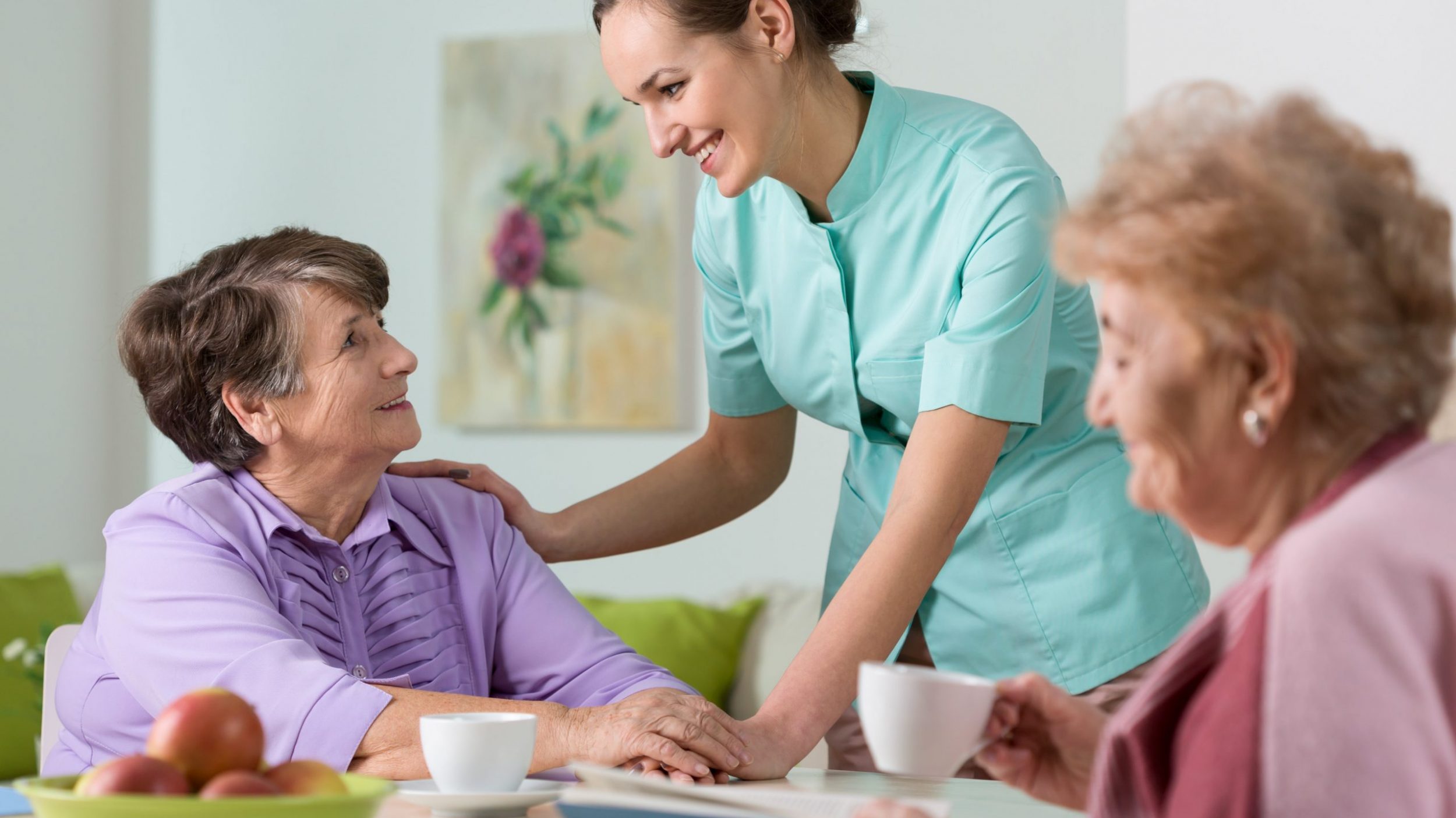Assisted living communities in New York offer 24-hour monitoring and care staff for residents who may require mobility assistance.
Take multiple tours when selecting an assisted living community. Enlist the aid of family members, and don’t be shy to ask questions!
Socialization
Assisted living communities offer numerous socialization opportunities. Residents can engage in group activities tailored to their interests, like fitness classes or book clubs. Meals together in the community dining room allow residents to meet others over tasty treats while building relationships over shared meals.
Studies demonstrate the value of social interactions in helping reduce depression and prevent memory loss due to Alzheimer’s and dementia. Social interactions also strengthen immunity systems, reduce stress levels and encourage an active lifestyle.
Your loved one must overcome mental barriers that are holding them back if they wish to reap these benefits, such as physical ailments or fears about falling, or grieving the loss of family and friends.
Meal Preparation
Meal preparation can help ensure that your loved one has access to healthy food sources while providing them with a rewarding, social activity under close supervision.
Assisted living communities typically offer menus tailored specifically to residents’ food preferences and dietary needs, with input from registered dietitians in ensuring nutritionally sound menus.
Many homes feature kitchenettes on each unit to allow residents the choice of creating simple meals from scratch if desired. Three main meals are usually provided each day; some homes may provide several smaller supplemental meals throughout the day as well. They may also cater to residents with difficulty chewing or swallowing by offering soft textures and thick, nutrient-rich liquids; modified utensils and feeding methods will be made available as necessary.
Personal Care
Individualized care plans typically include medication administration, toilet hygiene services, laundry services, housekeeping duties and shopping. Additionally, assisted living residences also provide supervision or assistance with activities of daily living as well as coordination of outside health care providers.
Residents may participate in various social, cultural, exercise, and culinary activities offered at their residence. Many have on-site fitness centers and beauty parlors.
If a senior needs a short-term break from caring for themselves and family members, the facility offers private apartment stays of set length. Residents have access to medical doctor and dental services and qualify for Medicare’s Assisted Living Program; for families looking to avoid Medicaid asset limits they can work with a Medicaid planning specialist on creative asset structures that help avoid asset limits.
Transportation
Many assisted living communities provide transportation services for residents. Larger communities typically arrange regular trips to local shopping areas and medical facilities. Furthermore, vehicles designed specifically to transport seniors who use walkers or wheelchairs may also be wheelchair accessible.
Seniors living in New York have access to low-cost transportation options, including taxis and ridesharing apps like Uber and Lyft. These programs can transport seniors to their favorite places such as grocery stores, hair salons and banks.
Some local governments and nonprofit organizations maintain rosters of volunteers who offer door to door transportation for seniors at either an affordable fee or free of charge. Use the online directory below to locate such providers near you; some senior care facilities may even partner with independent transportation providers to offer these services.
Respite Care
Caring for an elderly loved one can be both rewarding and exhausting, which makes respite care an invaluable solution. Respite care allows caregivers a break to recharge, run errands or go to work – providing much-needed respite relief!
Care providers, family or otherwise, who cannot be there regularly for extended periods may need assistance in administering medications, bathing and dressing their loved one. In such instances, staff can step in with daily care services including assistance with bathing and dressing needs as well as medications administration and assistance for daily needs like bathing and dressing.
Family caregivers need respite care in order to avoid burnout and continue providing quality care to their loved ones. Contacting local offices for the aging can help identify opportunities and compare options in your area; some might be covered by Medicaid or long-term care insurance; while other expenses might have to come out of pocket.

